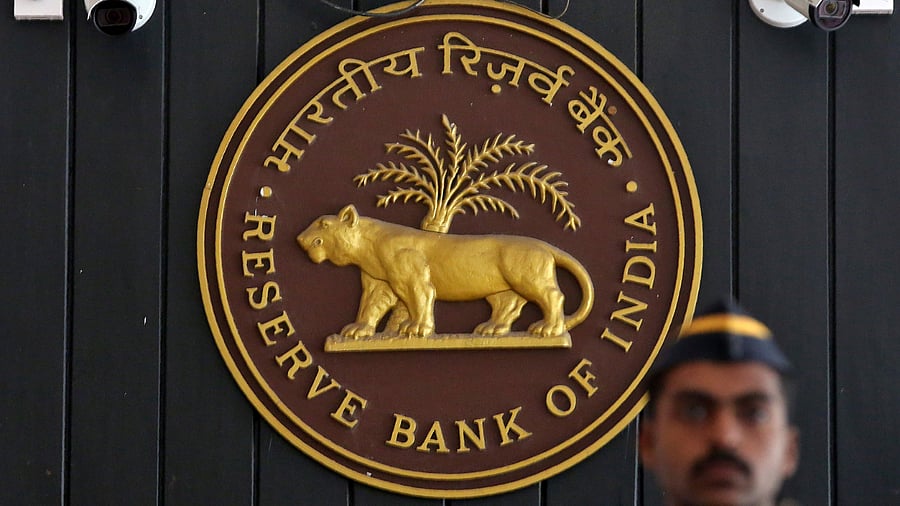
The Reserve Bank of India (RBI) has told the Supreme Court that it has accepted the recommendations of a high-level committee that banks must publish the list of defaulters on their websites where either the defaulter’s name is already in the public domain or the secured assets is possessed under the SARFAESI Act.
“Necessary instructions are being issued mandating banks to examine and take a formal view on classifying an account as a case of wilful default, within 60 days of the account becoming an non-performing asset or NPA (applicable for exposures greater than Rs 50 crore),” it said.
“Even directions mandating the Trust and Retention Accounts (TRA) for all types of consortium lending are being issued,” the banking regulator said.
In a written response, RBI said, to prevent the diversion of funds by unscrupulous borrowers, which was also the rationale behind the Committee’s recommendation of mandating TRA accounts, the measures essentially aimed at addressing the growing menace of NPAs in the banking system were taken and these need to be seen in the context of several significant policy developments with regard to resolution of stressed assets.
Maintaining that the RBI’s resolute efforts have resulted in material decline in the NPAs, the affidavit said that steps towards resolution of stressed assets with punitive measures against wilful and fraudulent defaulters, which are within the regulator’s jurisdiction, have been taken while formulating/revising its policies from time to time.
On Wednesday, a bench presided over by Justice Sanjay Kishan Kaul gave a four-weeks time to RBI to inform on the steps it can take as the regulator qua the committee’s recommendations to tackle bad loans.
Hearing the case related to writing off thousands of crores of loans by lenders, the top court had in December, 2022 asked the government and RBI to submit an affidavit explaining why the lenders should not file criminal cases against loan defaulters and why the recommendations of an expert panel on banking reforms have yet to be implemented.

